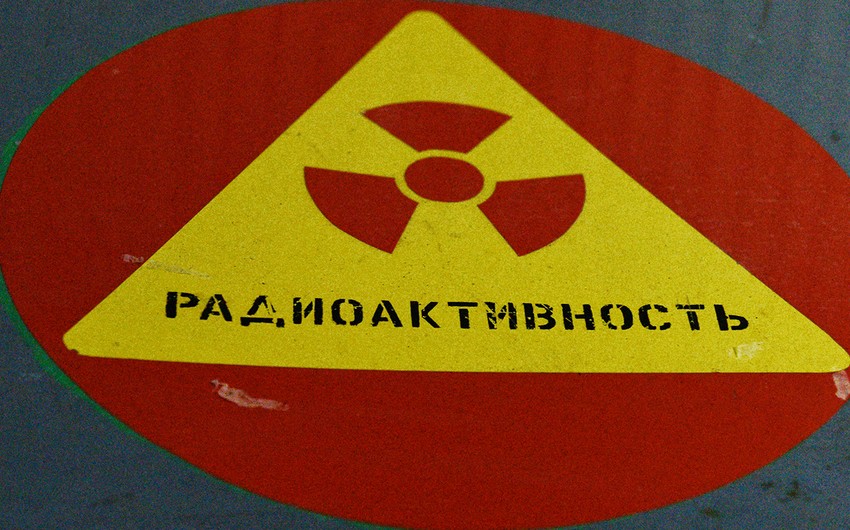German scientists from the Helmholtz-Zentrum Dresden-Rossendorf have found that certain types of bacteria can transform radioactive materials, making them more stable and less hazardous to the environment, Report informs, citing the study published in the Science of The Total Environment (STTE) journal.
Experts paid attention to microbes of the genus Desulfosporosinus, which live in the airless environment of clayey rocks. Such rocks are used to create protective barriers in storage facilities for highly radioactive waste.
Scientists studied the interaction of Desulfosporosinus with solutions of uranium salts.
Uranium occurs in various compounds and has different oxidation states. In natural deposits, the radioactive element is usually present in tetravalent and hexavalent forms. Any uranium compounds are toxic, and the degree of toxicity depends on their solubility.
Experiments have shown that Desulfosporosinus converts hexavalent uranium, which is easily soluble in water, into almost insoluble tetravalent uranium. According to the researchers, the bacteria converted about 40% of the dissolved substance into its safer form within a week. According to experts, this occurs due to the protective reaction of microorganisms.
The authors of the scientific work noted that their discovery will help improve the reliability of radioactive waste storage facilities, as well as create new methods for purifying radiation-contaminated water.


 https://static.report.az/photo/0815d9ea-5e1d-3236-876f-63aa915cb6ee.jpg
https://static.report.az/photo/0815d9ea-5e1d-3236-876f-63aa915cb6ee.jpg

